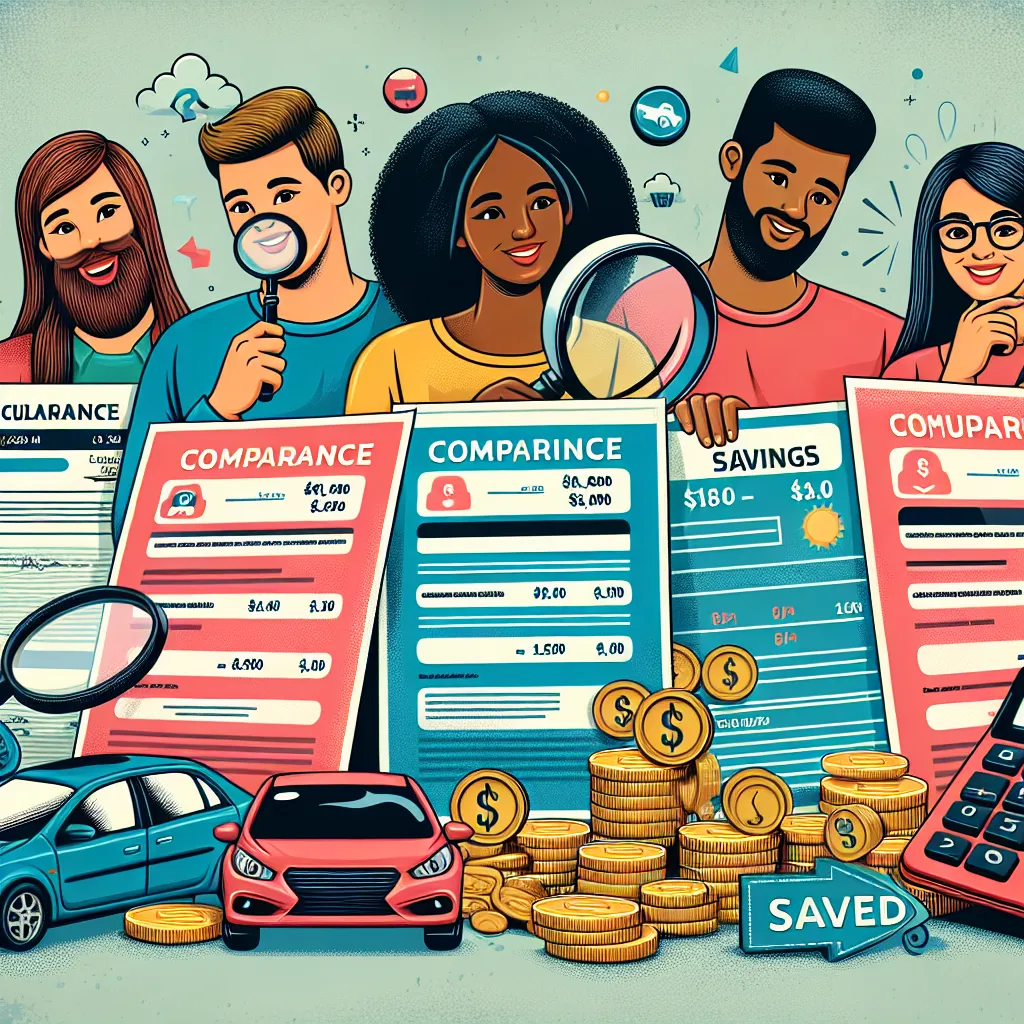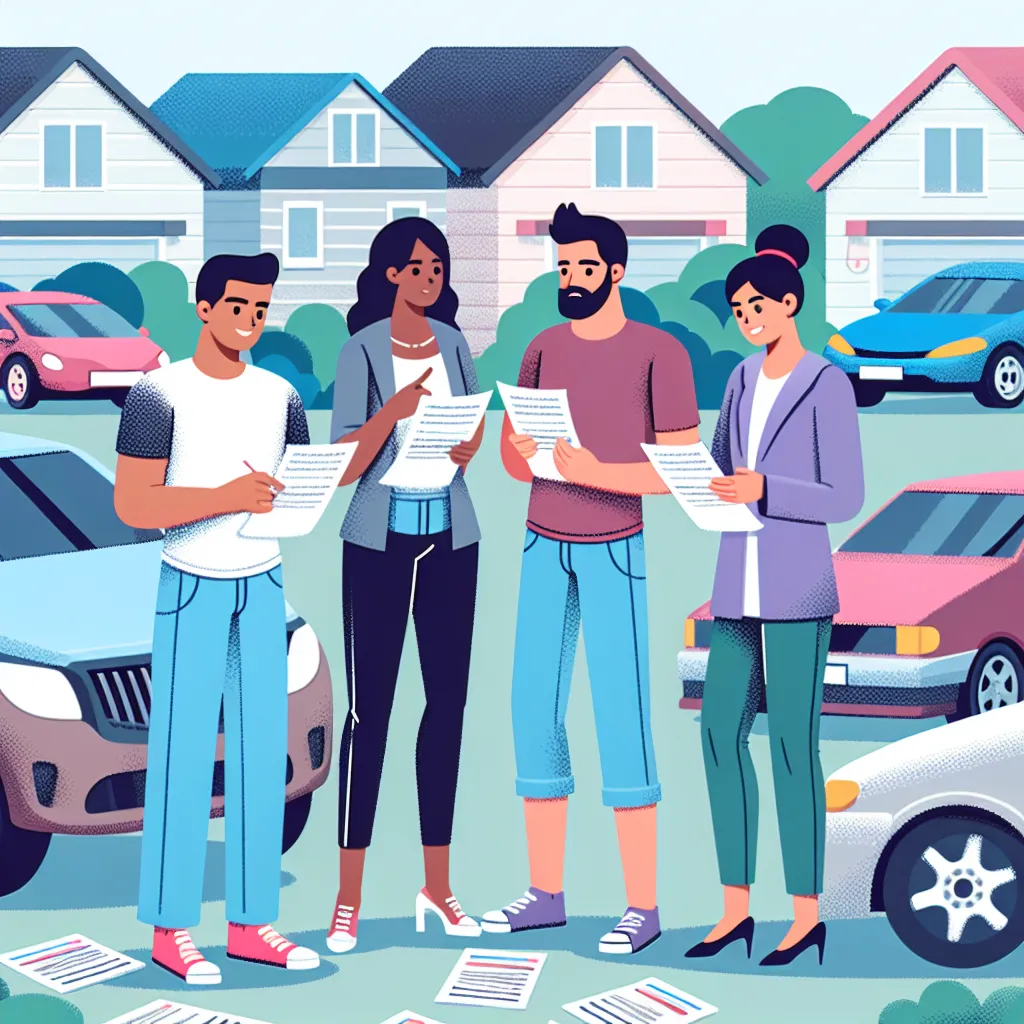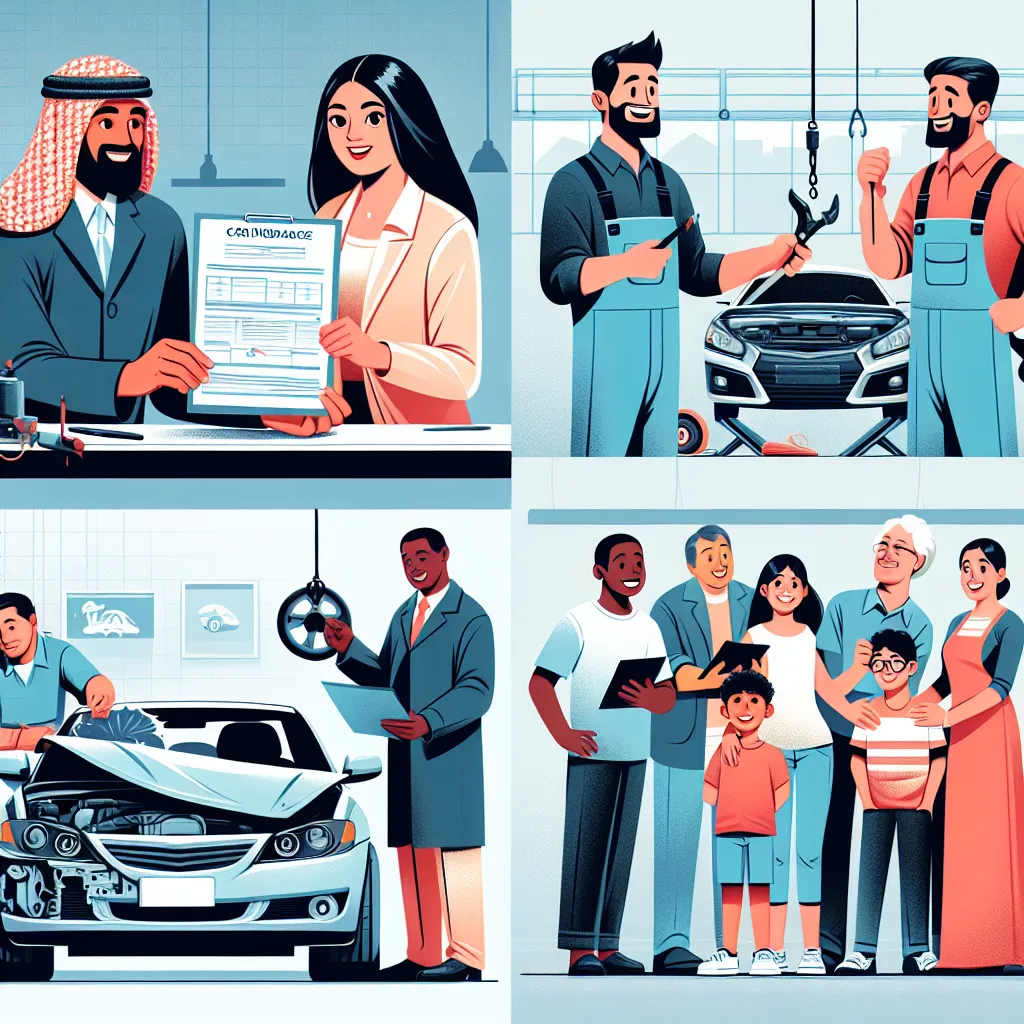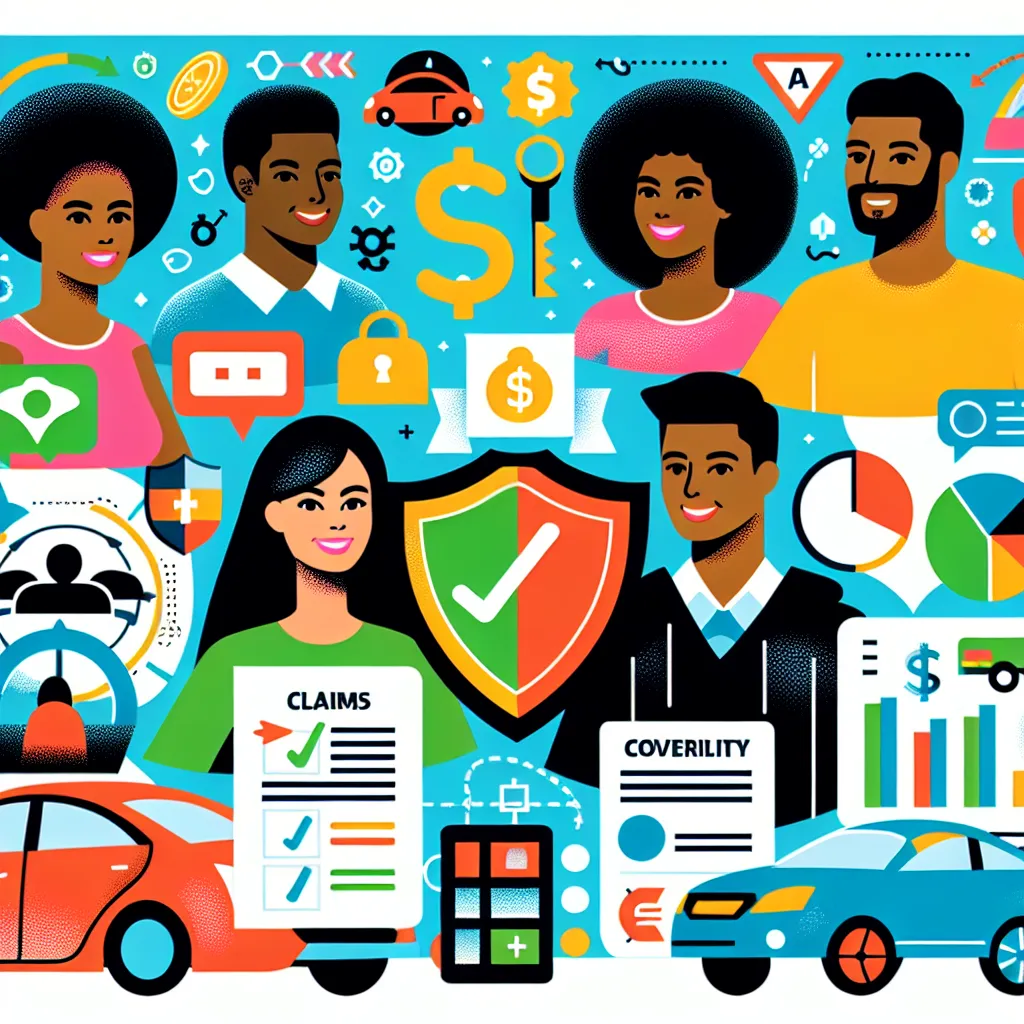Tag: Car Insurance
-
How to Find the Best Comparable Car Insurance Quotes

Discover how to compare comparable car insurance quotes effectively to save money and get the coverage you need. Learn tips and real-world examples. Read more
-
How to Choose the Best Car Insurance Providers

Discover the top car insurance companies with our expert guide. Find out which insurers offer the best coverage, savings, and claims service. Read more








